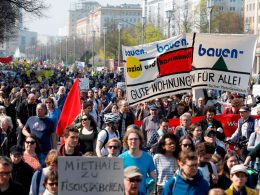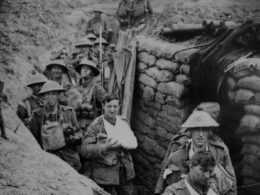On Tuesday 12 March, the audio recording of a former United States Army soldier’s speech to a military court, in which he gives his reasons and motivations behind disclosing over 700,000 government documents to WikiLeaks, was released.
Bradley Manning is a 25-year-old soldier who was arrested in Iraq in May 2010, on suspicion of leaking classified material to the website WikiLeaks. He was charged with a number of offences, including communicating national defence information to an unauthorised source and aiding the enemy – a capital offence in the United States.
Manning personifies the word “whistle-blower”. To have the bravery to leak such information into the public sphere, in a country where an offence could result in the death penalty, is incredible.
The lack of democracy and the need to keep such confidential information absolutely secret in the US, means that Manning will most likely be heavily punished. However, he knew that that would be the case before he leaked the documents, so more of a reason to commend him.
The US justice system has even tried to keep court proceedings secret – so much for US capitalism’s democratic credentials. The public has barely heard anything from Manning at all. No official transcripts of the proceedings have been released to the public, and when documents like the judge’s court orders were released, it was weeks after they were made—and only in response to a Freedom of Information Act lawsuit.
In Manning’s speech he made it clear that his decision to release such information was due heavily to the ease at which the US government can cover up outrageous criminal activity.
Such criminal, dangerous, and deceptive behaviour by the government can only be changed if Congress and the public are informed of them. And when official secrecy allows the government to cover these facts up, the only way to bring them to the public is to break secrecy regulations.
Manning was able to see that these crimes committed by the US government against its own people needed to be brought to the public and for that, he should be hailed as a hero. He must be freed.












